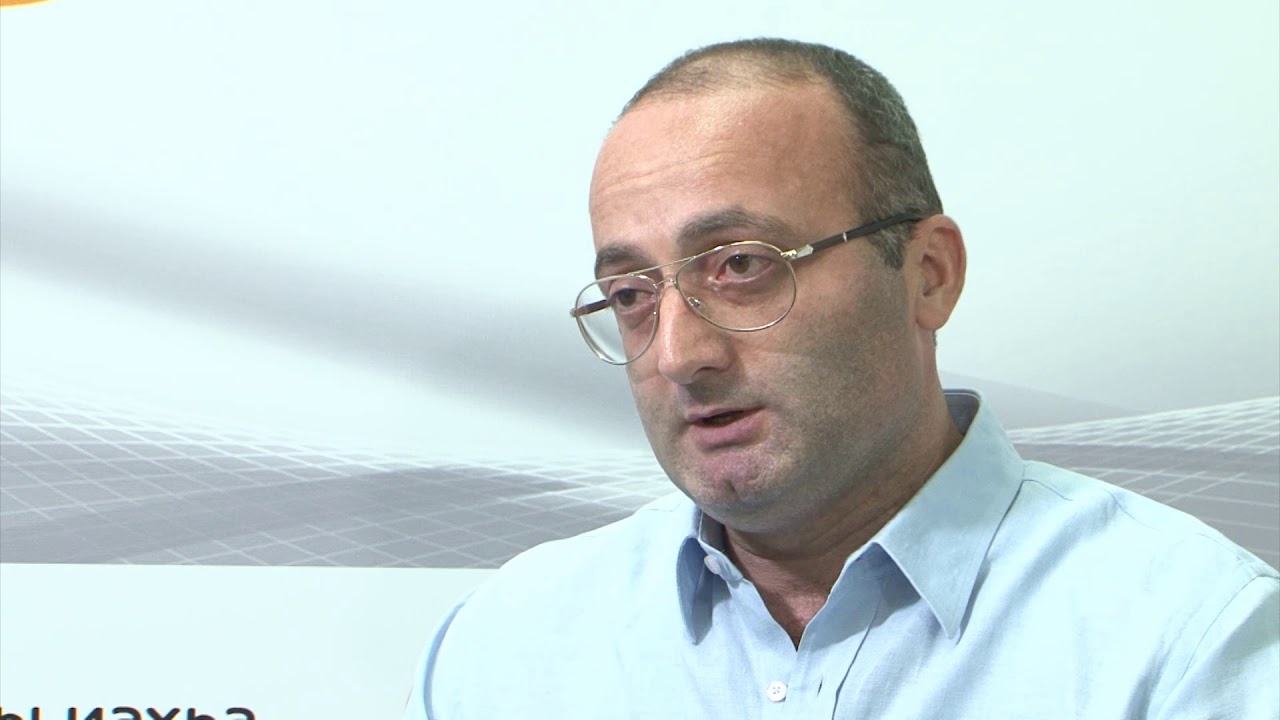Abkhazia: CEC Registers Initiative for a “Counter” Referendum

CEC Greenlights Initiative Group to Proceed with Referendum in Abkhazia.
Vitaly Sharia / Ekho Kavkaza — Today, the Central Election Commission (CEC) of the Republic of Abkhazia unanimously registered an initiative group during its meeting. The group had submitted a proposal eight days ago, on June 27th, to conduct a referendum in the republic. The question posed in the referendum is, “Do you believe it is necessary to hold early presidential elections in the Republic of Abkhazia?” The CEC gave its approval to this question for the referendum.
It is noteworthy that the opposition group called the Union of Veterans and Citizens of Abkhazia “Aiaaira” ['Victory' -Ed.] spearheaded this initiative.
“Ekho Kavkaza (Echo of the Caucasus)” spoke to the Chairman of Abkhazia’s CEC, Dmitry Marshan, and here’s what he had to say:
“We were operating under a two-week deadline. One week has already elapsed; we have reviewed and studied the documents. Over thirty citizens have become part of the initiative group, whereas the law only necessitates twenty-five individuals. We received applications from thirty-six individuals. All of these people were present; they provided their signatures and are all citizens of Abkhazia. As such, there are no legal irregularities here. The only topic of discussion was the phrasing of the question that will be presented in the referendum. They even sought advice from us on how the wording could be optimised for clarity and appropriateness. Consequently, the question now reads exactly as follows - 'Do you believe it is necessary to hold early presidential elections in the Republic of Abkhazia?'”

Dmitry Marshan
Well, I believe that, essentially, it was somewhat similar in the referendum back in 2016…
― Absolutely right. We opted to retain the same phrasing to avoid any confusion. The question is practically identical, which is why we kept the wording unchanged. Subsequently, members of the initiative group will have the authority to gather citizens' signatures over a two-month period, and they must collect no fewer than ten thousand signatures. They hand over the signature sheets to us, and our responsibility is to verify that there is no duplication, ensuring that the total is at least ten thousand signatures. If everything aligns with the legal stipulations, we will submit this to the president, who then has a fortnight to make a decision regarding the conduct of the referendum.
Well, looking back at the referendum from seven years ago that we discussed, 17,000 signatures were amassed, which is nearly double the required amount. However, subsequently…
― Following this, as many vividly recall, the referendum was slated by the then President of Abkhazia, Raul Khajimba, for the 10th of July. It was held as scheduled, but was declared null by the CEC. The rationale was straightforward and glaring – the voter turnout was a mere 1.23%, or 1,628 individuals. Among these, 750 voters were in favour of holding early presidential elections in the republic, while 761 opposed. Nevertheless, a referendum in which fewer than 2% of the electorate participate cannot be deemed valid, notwithstanding the expenditure of over eight million rubles (around $89,000) on its organisation.
“How is it possible that 17,000 citizens' signatures were gathered in support of holding a referendum, and yet fewer than two thousand showed up to vote?” – someone uninformed, and from outside, would undoubtedly be baffled. Even within Abkhazia, it’s often succinctly referred to as a “failed referendum.” However, the situation was far more complex. Interestingly, the initiative group back then was comprised of 46 individuals, and they managed to collect signatures in one month instead of two. As anticipated, the opposition at that time, led by Aslan Bzhania, Alkhas Kvitsinia, and others, encountered vigorous resistance from the then-incumbent authorities. The government’s supporters urged a boycott of the referendum. Numerous hurdles arose, the socio-political atmosphere grew tense, and ultimately the contradictions led the referendum's initiators themselves to appeal to their supporters not to take part in it, just days before the scheduled date. This “mutual boycott” led Abkhazia to the peculiar outcome of the referendum.
As for what transpires this time, it remains uncertain. Many of the same obstacles persist. Though, there is a distinction – seven years ago, the opposition contested the president-appointed date for the referendum, asserting, among other things, that July is the height of the tourist season and it should not be disrupted. Presently, statements from the instigators of the current referendum concerning confidence in the government indicate that they won't be hasty and are planning to complete the signature collection well in time. Then it will be September and the conclusion of the tourist season... However, their political adversaries sometimes put forward the contention that, by autumn 2023, only a year and a half will remain until the subsequent presidential elections in March 2025, and they question whether it is prudent to rouse the electorate.
This news article was published by Ekho Kavkaza and is translated from Russian.